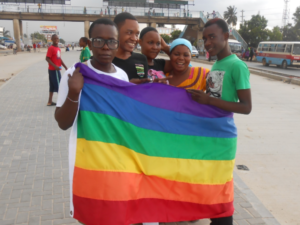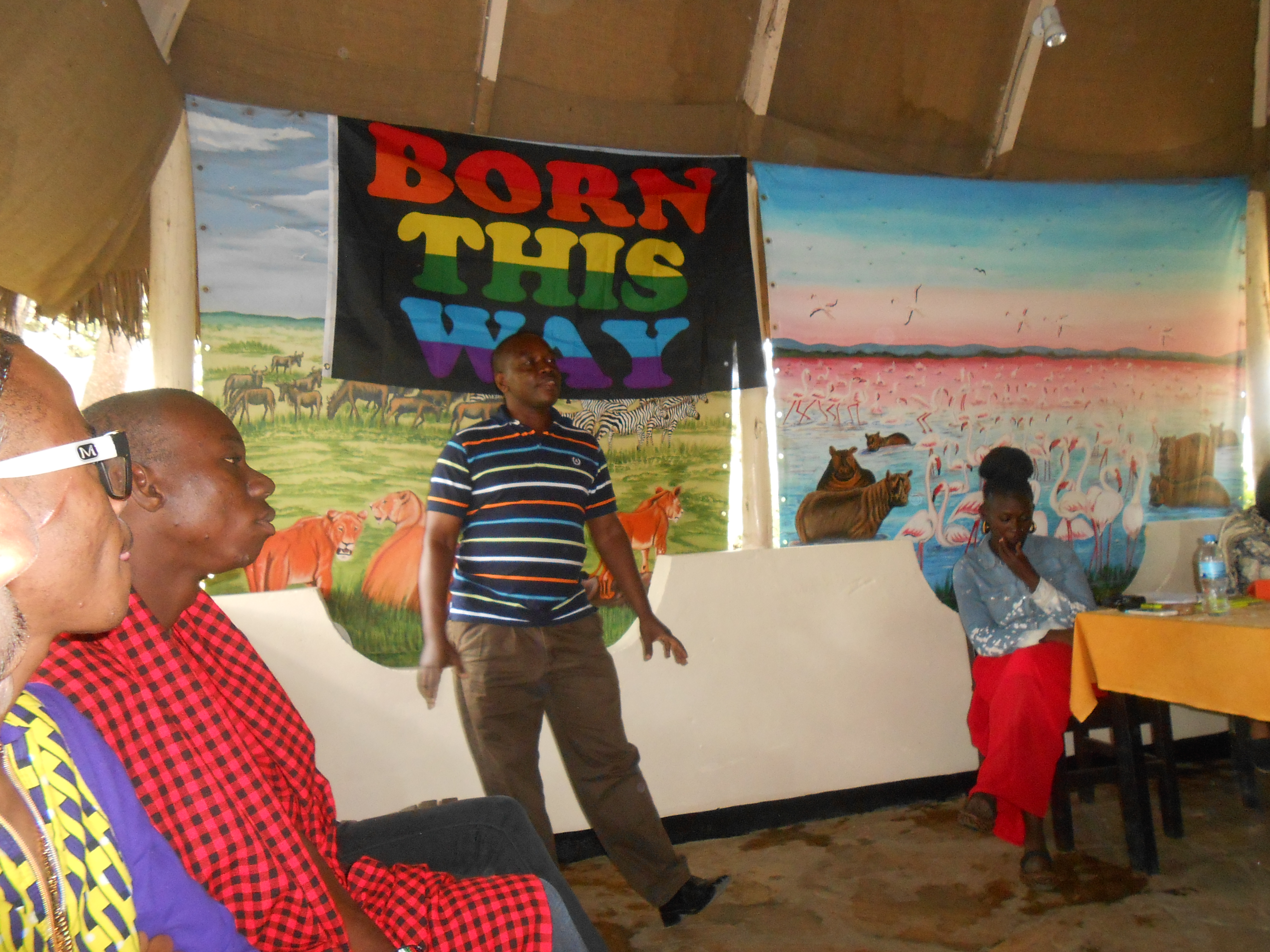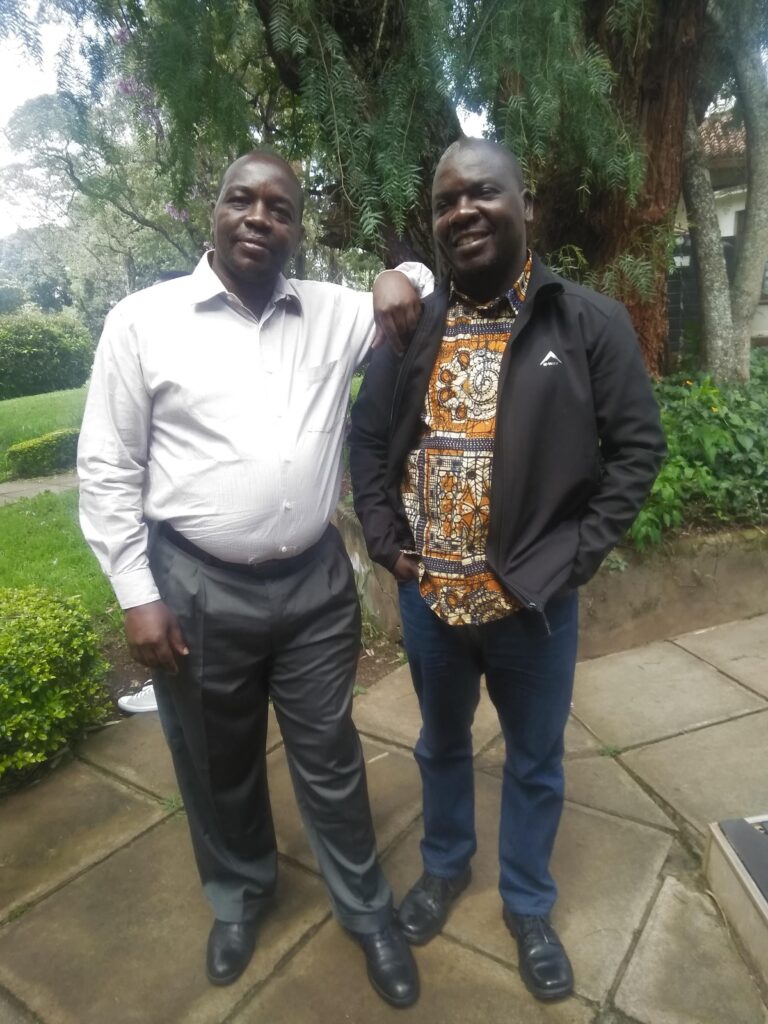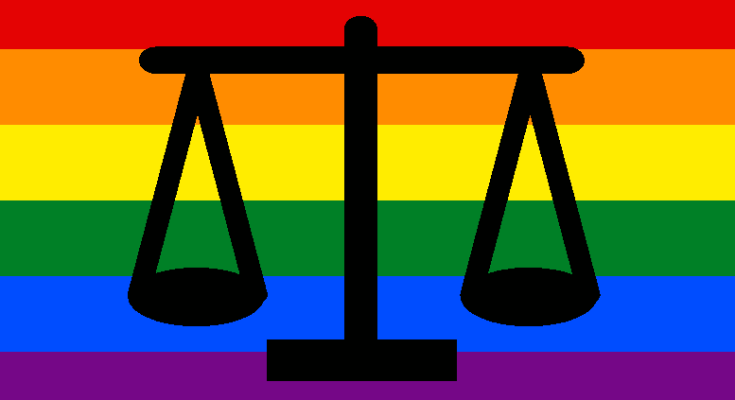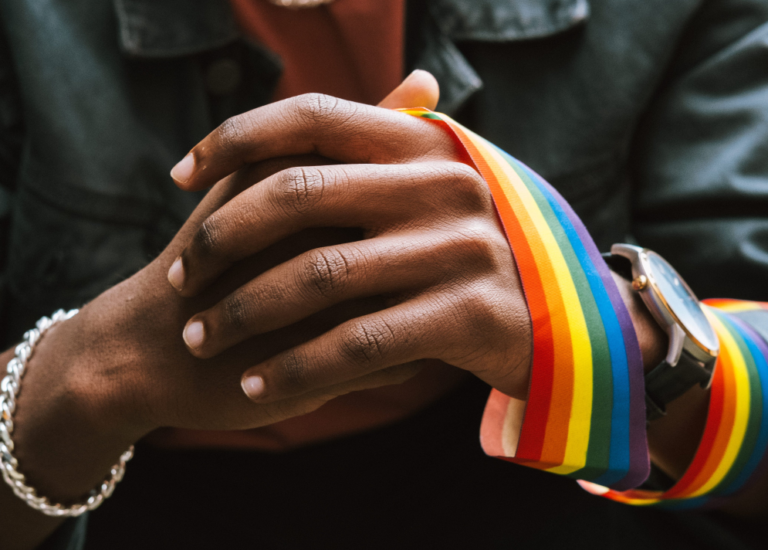This week, we will delve into the numerous challenges faced by LGBT young individuals in Tanzania, a situation that is fraught with difficulties. One of the most distressing aspects is the rejection they experience from their own families, leaving them feeling isolated and abandoned. This rejection often leads to them being disowned, with their families cutting all ties and refusing to provide any support or assistance. As a result, these young individuals are left to navigate life on their own, which can be an incredibly daunting task.
A hostile environment within educational institutions
LGBTQ+ youth in Tanzania face a daunting obstacle: the threat of being expelled from their schools. Sadly, members of the LGBTQ+ community are often subjected to prejudice and discrimination, resulting in a hostile environment within educational institutions. Consequently, these students are unjustly expelled, depriving them of their fundamental right to education. The denial of educational opportunities not only hampers their personal and professional growth but also exacerbates the already challenging circumstances they face.
The situation is becoming increasingly alarming, as evidenced by the growing number of requests we have received. In the month of January alone, we received four appeals from LGBTQ+ individuals who have been forced to halt their education due to their sexual orientation. This trend is deeply concerning and demands immediate attention and action.
To illustrate the magnitude of this issue, let’s consider the case of Jackline, a university student. After bravely coming out to her family, she was disowned, leaving her without any financial support for her tuition fees and accommodation. This heart-wrenching example highlights the devastating consequences that LGBTQ+ individuals in Tanzania often endure simply for expressing their sexual orientation.
The denial of education not only robs these individuals of knowledge and skills but also limits their future prospects. It denies them the opportunity to acquire the necessary tools to thrive in society, hindering their personal and professional growth. By excluding LGBTQ+ youth from educational institutions, we are perpetuating a cycle of discrimination and marginalization, making it even more challenging for them to overcome the obstacles they already face.
The expulsion of LGBTQ+ youth from schools in Tanzania is a grave injustice that must be addressed urgently. The denial of education not only deprives these individuals of knowledge and opportunities but also perpetuates discrimination and inequality. It is imperative for the Tanzanian government and educational institutions to take proactive measures to protect the rights of LGBTQ+ students and provide them with the support they need to pursue their education. Only through inclusive policies and collective action can we pave the way for a more equal and just society.
The consequences of familial rejection
The far-reaching consequences of familial rejection have a profound and lasting impact on the lives of LGBT youth in Tanzania. This rejection often leads to a cascade of challenges, one of which is the alarming rate of homelessness among this vulnerable population. Without a support system or a safety net, many of these young people are left without a place they can truly call home. This lack of stable housing exposes them to numerous dangers, such as violence, exploitation, and mistreatment.
These LGBTQ youth face a multitude of hardships on the streets. They are at a heightened risk of physical and sexual violence, with studies showing that a significant percentage of homeless LGBT youth have experienced assault or harassment. Furthermore, without a reliable place to sleep, they are more susceptible to illness and disease. The lack of access to proper healthcare exacerbates their vulnerability and puts their overall well-being at risk.
In addition to the immediate dangers they face, the absence of secure housing also has long-term implications. Without a stable environment, these young individuals struggle to pursue education and employment opportunities, perpetuating a cycle of poverty and limited prospects. This not only hampers their personal growth and development but also perpetuates the marginalization and exclusion they face in society.
In the face of such overwhelming challenges, it is not surprising that many LGBT youth in Tanzania turn to harmful coping mechanisms. One such mechanism is drug abuse, which provides a temporary escape from their harsh realities. The absence of acceptance and understanding often drives these individuals to seek solace in substances, further exacerbating their already precarious situations. Addressing the root causes of drug abuse among LGBT youth is essential to ensuring their overall well-being and offering them healthier alternatives.
The lack of economic opportunities and social support
The lack of economic opportunities and social support for LGBT youth in Tanzania can have dire consequences, pushing them into engaging in commercial sex work as a means of survival. These young individuals find themselves desperate to meet their basic needs, and as a result, they may resort to selling their bodies. This unfortunate reality exposes them to significant risks and vulnerabilities, further exacerbating the cycle of marginalization and exploitation they are already trapped in.
One devastating consequence of this exploitative practice is the increased risk of contracting sexually transmitted infections (STIs). Without access to proper healthcare and education about safe sex practices, these vulnerable individuals are more likely to be exposed to diseases such as HIV/AIDS. The lack of protection and support leaves them susceptible to exploitation by clients who may refuse to use condoms, further endangering their health.
In addition to the physical risks, LGBT youth involved in commercial sex work also face emotional and psychological challenges. The constant objectification and dehumanization they experience can have severe consequences on their mental well-being. They may struggle with feelings of shame, guilt, and low self-esteem, as society continues to stigmatize and discriminate against them.
Moreover, the cycle of marginalization and exploitation perpetuated by this situation often results in limited opportunities for these young individuals to escape their circumstances. The lack of economic prospects and social support systems leaves them trapped in a cycle of poverty and vulnerability. Without access to education and job opportunities, they are forced to continue engaging in sex work, further perpetuating their marginalization.
The distressing circumstances faced by LGBT youth in Tanzania also contribute to increased rates of self-harm. The overwhelming sense of despair and hopelessness can push these individuals to inflict harm upon themselves as a way to cope with their emotional pain. This tragic manifestation of their struggles underscores the urgent need for comprehensive mental health support and resources tailored to the unique needs of LGBT youth.
In conclusion,
The challenges faced by LGBT young individuals in Tanzania are numerous and deeply entrenched. From familial rejection and expulsion from school to homelessness, drug abuse, engagement in commercial sex work, and self-harm, these hardships create a complex web of adversity that requires immediate attention and intervention. Addressing these challenges requires not only systemic changes but also a shift in societal attitudes towards acceptance, inclusivity, and support for all individuals, regardless of their sexual orientation or gender identity. By working together to create a more inclusive society, we can ensure that all young people have the opportunity to thrive and live their lives authentically, free from discrimination and prejudice

